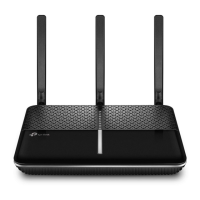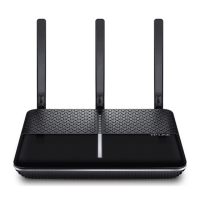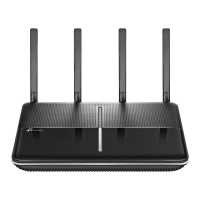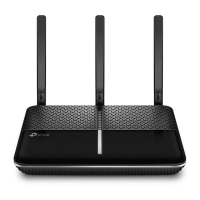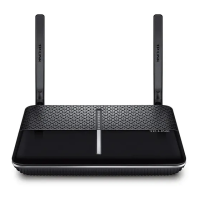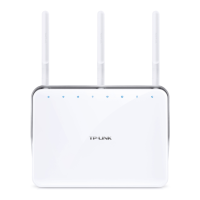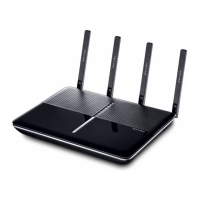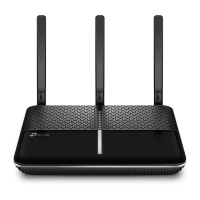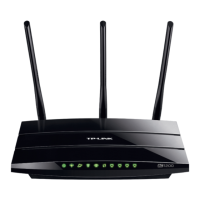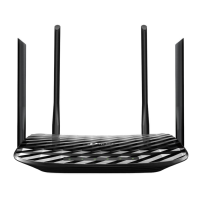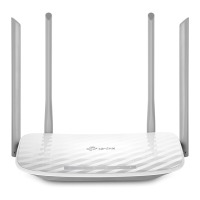108
Chapter 14
Specify Your Network Settings
• AP Isolation: Select this check box to enable the AP Isolation feature that allows you
to confine and restrict all wireless devices on your network from interacting with each
other, but still able to access the internet. AP isolation is disabled by default.
• WDS Bridging(for 2.4GHz only): Select this check box to enable the WDS (Wireless
Distribution System) Bridging feature to allow the router to bridge with another access
point (AP) in a wireless local area network (WLAN). Refer to Appendix: Troubleshooting
for detailed instructions.
14. 4. Set Up a Dynamic DNS Service Account
Most ISPs (internet service providers) assign a dynamic IP address to the router and
you can use this IP address to access your router remotely. However, the IP address
can change any time and you don’t know when it changes. In this case, you might need
the DDNS (Dynamic Domain Name Server) feature on the router to allow you and your
friends to access your router and local servers (FTP, HTTP, etc.) using domain name, in
no need of checking and remembering the IP address.
Note: DDNS does not work if the ISP assigns a private WAN IP address (such as 192.168.1.x) to the modem router.
To set up DDNS, please follow the instructions below:
1. Visit http://tplinkmodem.net, and log in with your TP-Link ID or the password you
set for the router.
2. Go to Advanced > Network> Dynamic DNS.
3. Select the DDNS service provider (TP-Link, Dyndns, NO-IP and many other DNS
services).
4. To use TP-Link DDNS service, you should log in with your TP-Link ID.
5. If you choose other DDNS service, you should also log in with your DDNS account,
select a service provider and click Go to register. Enter the username, password
and domain name of the account (such as lisa.ddns.net).
6. Click Login and Save.
Tips: If you want to use a new DDNS account, please Logout first, then login with the new account.
